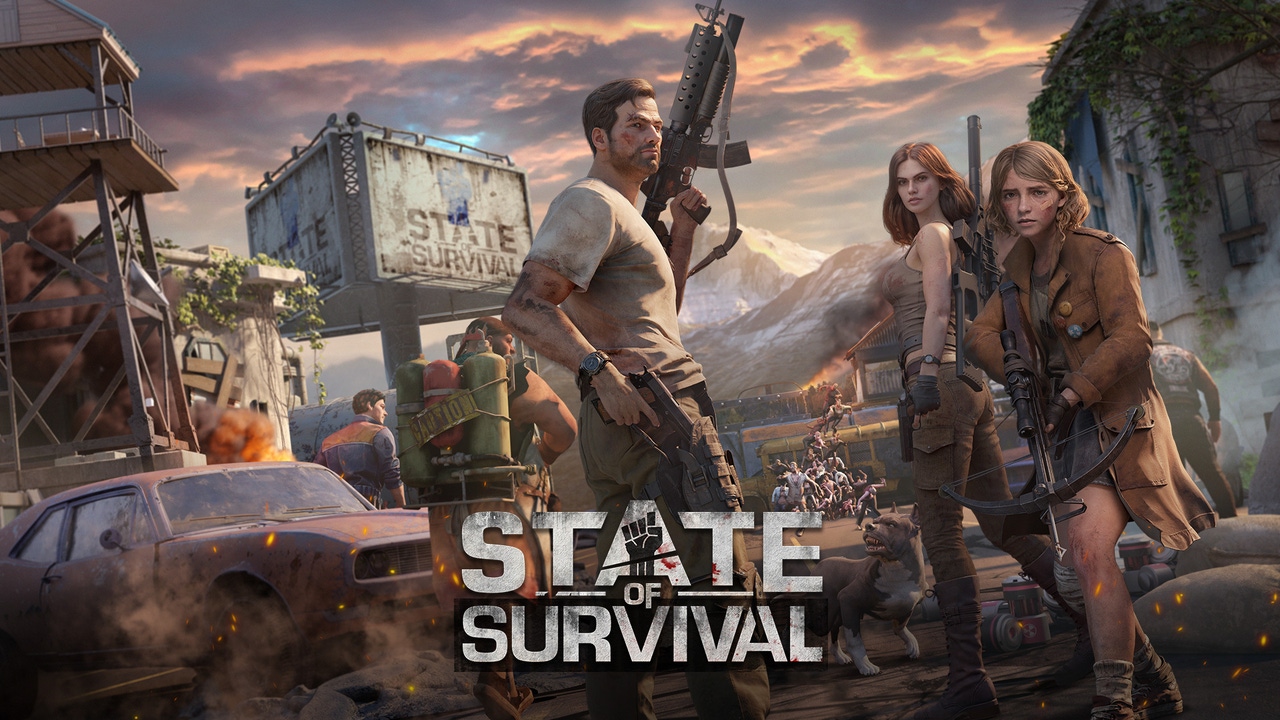Trending
Opinion: How will Project 2025 impact game developers?
The Heritage Foundation's manifesto for the possible next administration could do great harm to many, including large portions of the game development community.
Freemium games have tight knit communities of players. But some communities have helped fuel an addiction to these types of games

"The addiction, it just progressively became worse and worse and worse. You feel compelled to be on the game all the time.”
- A State of Survival player tells Motherboard how social pressure contributes to game addiction
A recent story by Motherboard delves into how social pressures can encourage spending real world money in freemium mobile games such as State of Survival and Game of Thrones: Conquest. Both games are the subject of recent class action lawsuits alleging false advertising about sales for purchasing in-game items.
Individual lawsuits for both State of Survival and Game of Thrones: Conquest allege that the games cultivate "addictive behaviors" via false prices. But Motherboard's piece also goes into how the community of players can help fuel these addictions through the belief that players have to "earn their keep."
Just like in real life, game players can form rules or pressures that spread across a particular community. Play Fortnite, for example, and you may be told by another player to thank the in-game bus driver before the match starts.
Because both State and Conquest have social elements and require players to work together to achieve collective success, it can be easy to form relationships with other players. And since the early days of the pandemic had most people in their homes, these games were some of the safest forms of connection with other people.
Conquest player Charissa Keebaugh told Motherboard how she began to form friendships with other players when she was a teenager. As she continued to play over several months, she was urged by those players to carry her weight and spend real money on the game, which she previously wasn't doing.
“Being able to feel a part of something kind of depended on being able to spend,” said Keebaugh. “I started spending and then felt more a part of the team.” When she got her first job, under the urging of other players, she admitted to spending most of her paychecks on the game.
Angela Prado, one of the plaintiffs in the State of Survival lawsuit, affirmed this, saying that player communities "will boot you, even if you've been with them for years."
“It was very difficult to leave," said Keebaugh. She made the choice to leave the Conquest community after she came to the conclusion that being 18 meant she couldn't balance renting an apartment and playing the game every day. "Getting rid of it completely, it hurt.”
Stories about game addiction and spending exorbitant amounts of money often reflect on the mental state of those affected, but not always on the societal effect these games have. Unlike the money spent on these games, there's no way for players to get a refund on the communities they used to be a part of.
For a deeper look into the impacts of State of Survival and Game of Thrones: Conquest, check out Motherboard's full investigation here.
You May Also Like